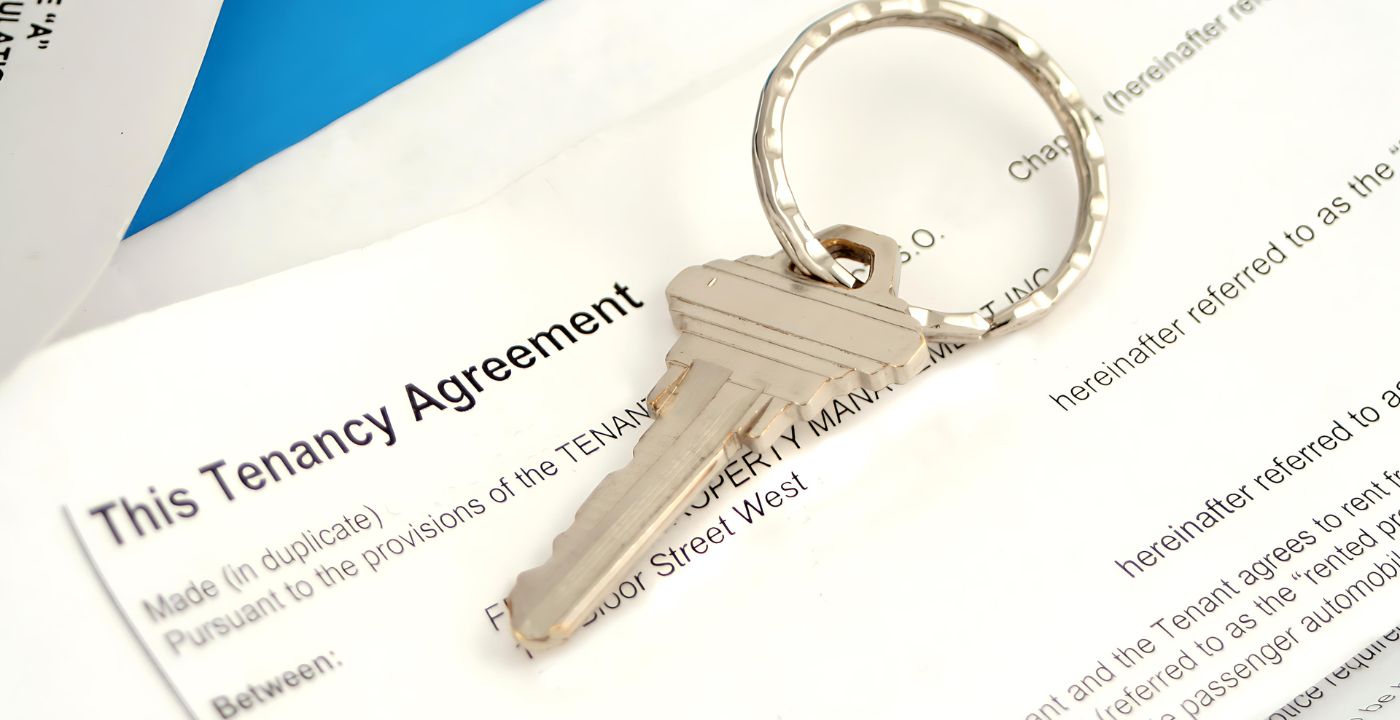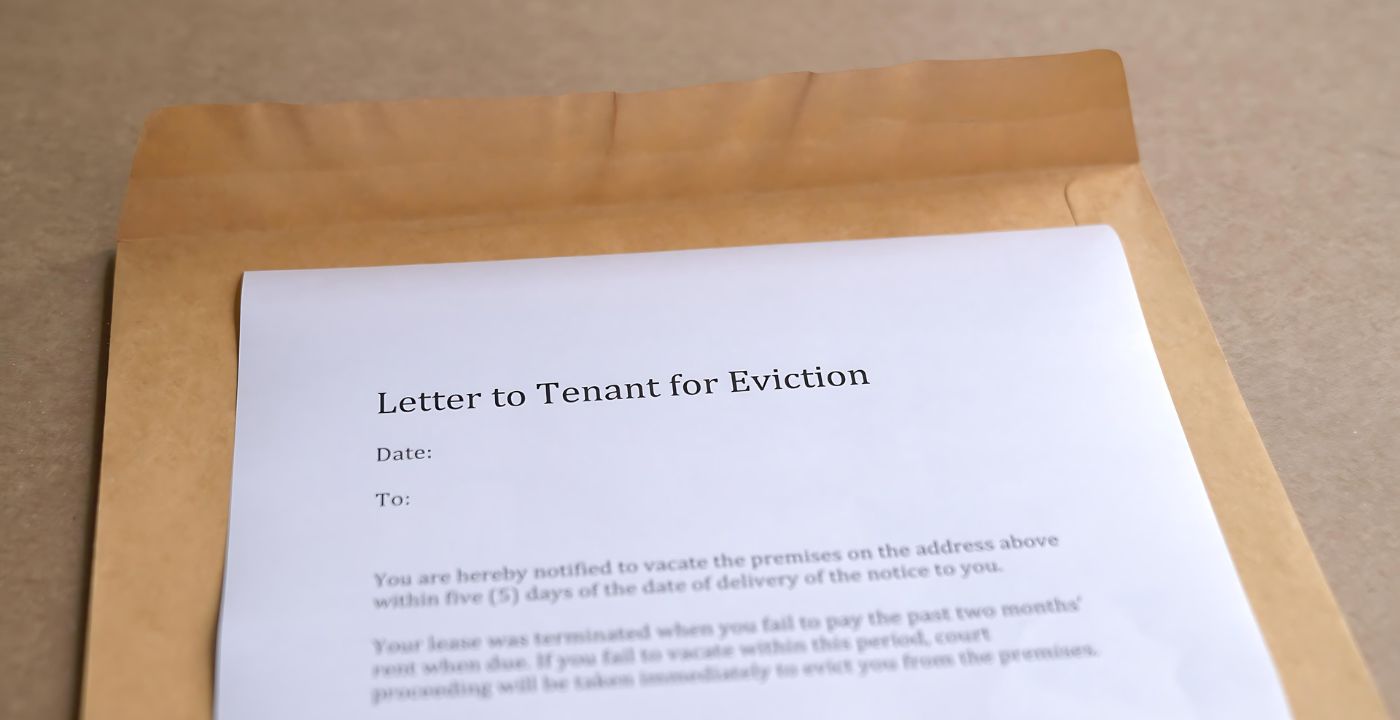Selling a rental property in Massachusetts?
Navigating tenant rights can complicate the process. The state’s laws provide numerous protections for tenants, especially during a property sale.
Understanding and preparing for these rights is crucial for a smooth transaction and avoiding legal issues.
We cover everything from lease agreements to evictions, helping landlords confidently navigate the selling process.
Key Notes
- Analyze your lease agreement – most tenant rights are dictated by these terms.
- Landlords must give proper notice of sale and notice to vacate, usually between 30 days to 3 months, depending on the type of lease.
- Landlords in MA cannot break a lease to sell a property and will have to consider no-fault eviction proceedings, which are time-consuming and costly.
1. Understanding Your Lease Agreement

As a landlord, your lease agreement is your constitution, and you always refer back to it.
A vast majority of a tenant’s rights depend on the type of lease agreement in place, as well as the terms of the lease agreement itself. Understanding the ins and outs of your lease is a crucial first step, ensuring you have the upper hand before entering the tricky sale process.
Fixed-term Lease vs. Month-to-Month Lease
A fixed-term lease is a rental agreement for a specified time period, usually 12 to 18 months. Fixed-term leases remain valid after a landlord sells the property, until their original expiration date. Generally, the new owner becomes the landlord and takes over the existing lease until it expires.
However, if a landlord with a fixed-term lease wants to sell the rental property as a vacant property, they may have to consider complex legal options, such as breaking the lease agreement or initiating eviction proceedings—which we will discuss later.
On the other hand, a month-to-month lease provides ease and flexibility to landlords contemplating a sale. The only real consideration here is giving proper notice of intention to sell or intention to vacate the property, which is typically 30 days in the case of month-to-month lease agreements.
‘Termination Due to Sale’ Clause
Scan your lease agreement for termination clauses, in particular a ‘termination due to sale’ clause.
If you are one of the clever landlords who remembered to include this clause in your lease agreement, you are entitled to terminate the lease upon sale of the property, as long as you give proper notice to the tenant, which could be 30 to 90 days depending on the lease itself.
Termination due to sale clauses is often found in fixed-term lease agreements as a natural safeguard against needing to break the lease or commence eviction proceedings.
2. Giving Proper Notice
For landlords looking to sell their rental property, giving proper notice to their tenant is the first consideration to begin with.
This includes both notice to vacate and notice of intention to sell. Proper notice is determined by the Massachusetts General Laws and the type of lease itself and aims to give tenants reasonable time to find new housing arrangements.
Massachusetts Tenant Notification Requirements:
- Notice must be given in writing.
- For fixed-term leases the proper notice period is generally 3 months. Still, if rent is payable at intervals of less than 3 months, the notice period can be equal to 30 days or the interval period, whichever is longer.
- For month-to-month leases, the proper notice period is simply 30 days.
3. Tenants Rights When Landlord Sells Property

Landlords in Massachusetts would be wise to keep in mind the following general tenant rights when selling:
Right to Reasonable Notice on Property Showing
As a landlord, you have a right to access the property to show it to a potential buyer. However, this access is conditional on your respecting the tenant’s right to privacy and enjoyment of the property.
Give your tenants at least 24 to 48 hours’ notice before scheduling any property showings. Tenants also have a right to remain in the property during a showing.
Right to Enter into a Buyout Agreement
Tenants on a fixed-term lease are entitled to receive a buyout agreement known as ‘Cash for Keys’ where the landlord pays them an agreed amount to vacate the property before the fixed expiration date.
Tenants are not obliged to accept, and landlords are advised to offer a fair amount depending on the amount of time left on the lease as well as relocation costs.
Right to Receive Tenant Relocation Coverage
The Massachusetts General Laws require all landlords to purchase tenant relocation coverage for every leased unit. This coverage mainly applies to fire damage and disaster relief, however tenants asked to vacate before lease expiry due to a sale of the property may be entitled to receive their tenant relocation coverage amount of $750 to help cover their moving costs.
Right to Continued Occupation After Sale
In the event that ‘Cash for Keys’ negotiations fail, fixed-term tenants are entitled to remain on the premises and see the duration of their lease agreement, regardless of the sale taking place.
The consequence of this is that the new owner will take your place as landlord and the existing lease will remain in force and unchanged until expiry. This can be an immense source of frustration for buyers who may have their own plans in mind for the property.
Right to Continued Maintenance and Repairs
The landlord’s responsibility to maintain and repair the property continues in terms of the Massachusetts General Laws despite a pending sale. Tenants in Massachusetts retain their right to a well maintained property, as part of their overarching right of use and enjoyment.
Right to Receive Security Deposit
Landlords in Massachusetts are entitled to request a security deposit at the beginning of a lease. In turn, tenants are entitled to a refund of their security deposit at the end.
This right is unaffected by the sale of the property, and in the event that the new owner becomes the landlord, the former landlord must transfer the security deposit to the new owner – so that the tenant’s right to receive their security deposit can be duly fulfilled when the time arrives.
4. Can a Landlord Break a Lease to Sell The Property?
The short answer is no – a landlord cannot break a lease to sell the property.
Breaking a lease has the same effect as eviction, and in Massachusetts, the law prohibits landlords from forcing tenants out of the property before the expiration of a lease – unless they fail to pay rent or breach another material term of the lease agreement, such as illegal activity or disorderly conduct.
The only time a landlord can ‘break a lease’ when selling a property is when activating a ‘termination due to sale’ clause that was included and agreed upon in the lease itself.
If the ‘Cash for Keys’ buyout method fails and the prospective buyer is unwilling to purchase a property with tenants in it, landlords may have no choice but to go down the route of initiating eviction proceedings.
5. Tenant Eviction Rules Property Sale MA

In the unfortunate event that your tenant is on a long fixed-term lease agreement and is completely unwilling to consider moving until the lease’s end date, you may have to begin eviction proceedings – which can be time-consuming and costly, to say the least.
Grounds for eviction include non-payment of rent and lease violations such as property damage, unauthorized occupation, and illegal activity. However, these grounds require fault on the tenant’s part. Landlords selling a property will have to follow the no-fault eviction route.
No-fault evictions require landlords to prove the non-existence of unlawful discrimination in the proposed eviction. Consult with an experienced property attorney who will help you understand and initiate eviction proceedings against your tenant and your prospects of success.
The Massachusetts general laws provide 3 types of written notices for evictions:
- 7 Day Notice to Quit – The notice for evictions involving illegal activity.
- 14 Day Notice to Quit – The notice for evictions involving unpaid rent.
- 30 Day Notice to Vacate – The standard notice used in evictions.
Once you have given written notice to your tenant, and the time period expires without change, file your formal complaint with the housing or district court and follow your attorney/the court’s instructions through the remainder of the eviction proceedings.
Frequently Asked Questions
How long do tenants have to move out after a house is sold in Massachusetts?
Tenants on month-to-month leases have to move out at the end of the month, provided they received proper notice to vacate (30 days) from their landlord.
In the absence of a ‘termination due to sale’ clause, tenants on fixed-term leases are under no obligation to move out until the end of their lease unless they agree to ‘Cash for Keys’ negotiations or decide to move voluntarily.
When can a landlord move a tenant’s possessions?
A landlord can move a tenant’s possessions if the tenant has given proper notice of access and if the possessions are necessary for the purposes of showing the house, inspection, or maintenance.
A landlord can also move a tenant’s possessions in the event of emergencies, abandonment of lease/premises by the tenant, health and safety violations, on police request, and after an eviction order has been granted if the tenant has not removed his possessions within the stipulated time period (usually 72 hours).
Conclusion
Selling a rental property in Massachusetts requires careful navigation of tenant rights and legal considerations. From understanding lease agreements to providing proper notice and respecting tenant rights, landlords must approach the sale process thoughtfully.
While challenges may arise, particularly with fixed-term leases, options like buyout agreements can offer solutions. Remember, the key is balancing your rights as a landlord with those of your tenants for a smooth transaction.
Are you a landlord looking to sell your property without the hassle? We buy homes with existing tenants, offering a simple solution to complex situations. Contact us today for a no-obligation cash offer and skip the stress of traditional property sales.





